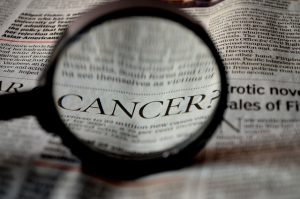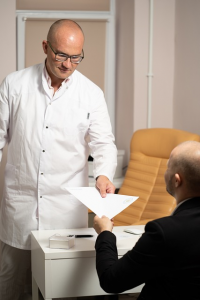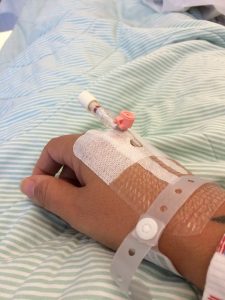Cancer treatment. What do we know at the present time about the effectiveness of selenium as an adjuvant treatment in cancer patients?
In a 2024 systematic review, researchers have evaluated the existing evidence from data from 12 studies with 2,483 adult patients undergoing cancer treatment. The types of cancer included non-Hodgkin lymphoma, head and neck cancer, thyroid cancer, acute myeloid or acute lymphocytic leukemia, stage I non-small lung cancer, breast cancer, cervical and endometrial cancer, prostate cancer, and non-invasive urothelial carcinoma [Krannich 2024].

The researchers’ analysis of the available data does not give a clear picture of the efficacy of selenium administration to adult cancer patients. One reason is that several of the evaluated studies did not report measurements of the patients’ serum selenium levels at the beginning or the end of the study. The studies that did report serum selenium levels used different ways to measure selenium levels. Moreover, the duration of the selenium administration and the type of selenium preparation and the dosage varied from study to study [Krannich 2024].









